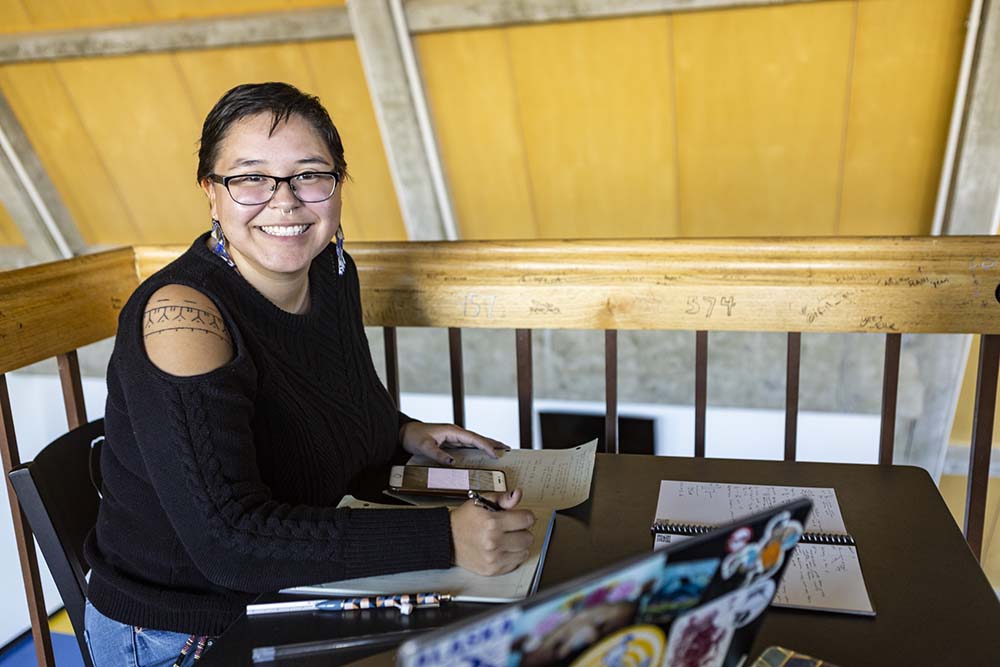
- Details
- By University of Alaska Fairbanks
Financial aid advisors from the University of Alaska Fairbanks are hosting virtual and in-person workshops now through the middle of June for anyone considering college. You do not have to attend or apply to UAF to participate.
Find a session in AlaskaAnchorage Kotzebue |
We know that paying for college and applying for financial aid can be overwhelming and stressful. In response, UAF created this hands-on program to reduce barriers and increase confidence in college-bound students.
UAF advisors are available for one-on-one or group assistance. In these sessions, you can get help completing financial aid applications, such as the Free Application for Federal Student Aid (also known as the FAFSA) and scholarship applications. UAF advisors can also help with required supplemental forms, such as verification, budget forecasts and financial aid appeals.
If you have experienced any special circumstances over the last two years, such as income reductions, unemployment, divorce or large medical expenses, a UAF advisor can walk you through how to apply for special consideration for financial aid packages.
UAF advisors will also visit select cities in Alaska (see sidebar). You can sign up for virtual or in-person sessions at uaf.edu/fafsa.
Anyone who attends a session — virtual or in person — will receive a fee waiver for the University of Alaska Fairbanks application and will get additional support filling out our application for admission. Student services staff will also be available to assist with academic advising and registration.
We look forward to helping you navigate the path toward college! Learn more about this program at uaf.edu/fafsa.
Help us defend tribal sovereignty.
At Native News Online, our mission is rooted in telling the stories that strengthen sovereignty and uplift Indigenous voices — not just at year’s end, but every single day.
Because of your generosity last year, we were able to keep our reporters on the ground in tribal communities, at national gatherings and in the halls of Congress — covering the issues that matter most to Indian Country: sovereignty, culture, education, health and economic opportunity.
That support sustained us through a tough year in 2025. Now, as we look to the year ahead, we need your help right now to ensure warrior journalism remains strong — reporting that defends tribal sovereignty, amplifies Native truth, and holds power accountable.
 The stakes couldn't be higher. Your support keeps Native voices heard, Native stories told and Native sovereignty defended.
The stakes couldn't be higher. Your support keeps Native voices heard, Native stories told and Native sovereignty defended.
Stand with Warrior Journalism today.
Levi Rickert (Potawatomi), Editor & Publisher
